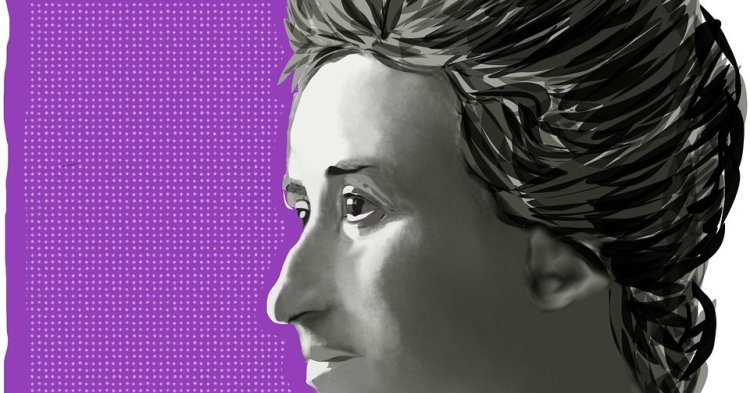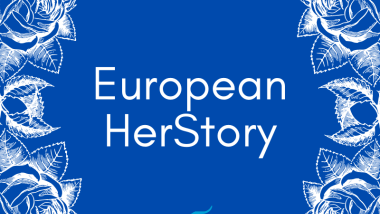Born in the Russian Empire in 1871, Rosa Luxemburg was a Jewish-German revolutionary Marxist who co-founded the Spartacus League during World War One. As an economist and philosopher, Rosa was a critic of Leninism.
Upon learning that her peers in the Social Democratic Party supported Germany’s entrance into WWI, Luxemburg left the party, creating her own spartacist movement, which was deeply anti-war.
Although a communist, Luxemburg was not only a hard critic of Leninists, but also a hard critic of the authoritarian excess displayed by the Soviet Union Socialist Republic. Luxemburg led frequent strikes which she considered an important tool for the proletariat on its way to Socialist victory.
Luxemburg supported the Revolution in Germany and was released from prison in 1918. However, that same year, she was arrested for giving an anti-war speech. Due to her support and violent clashes in Berlin, she became known by her enemies as “Bloody Rosa”. In December 1918, the German Communist Party was founded, within which Rosa fought to overthrow Leninist influence due to her criticism of the Russian Revolution.
During the German Revolution, Luxemburg was captured by the Freikorps’ Rifle Division of Cavalry Guards. She was questioned under torture and then executed. Her execution emboldened groups to become even more violent across Germany, resulting in many more deaths.
Rosa Luxemburg later became a martyr in the communist German Democratic Republic - very ironically, given her rejection of dictatorships and life-long fight for democracy. A foundation in her name still works to emphasise her commitment to democracy and disassociate her from the regime which claimed to celebrate her values many decades after her death.


Follow the comments: |
|
